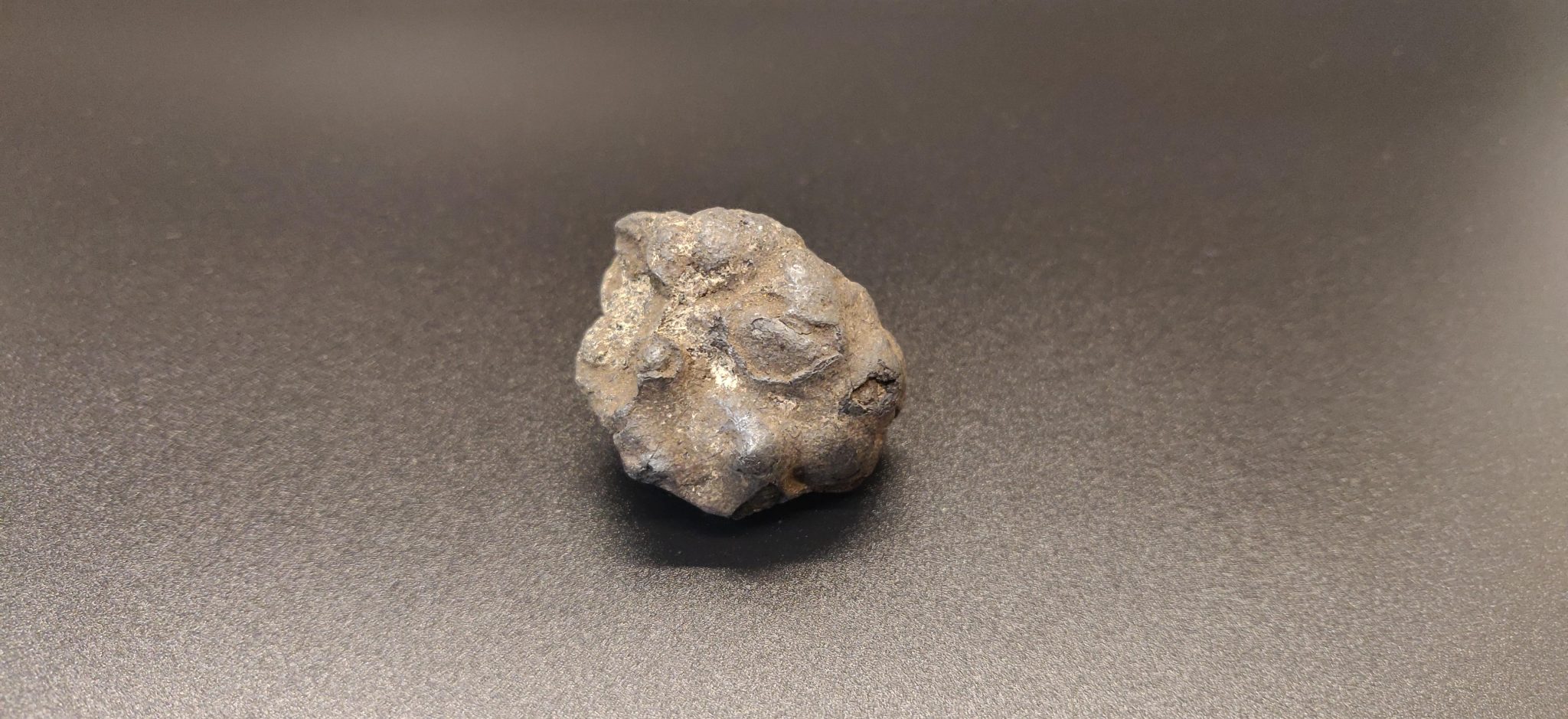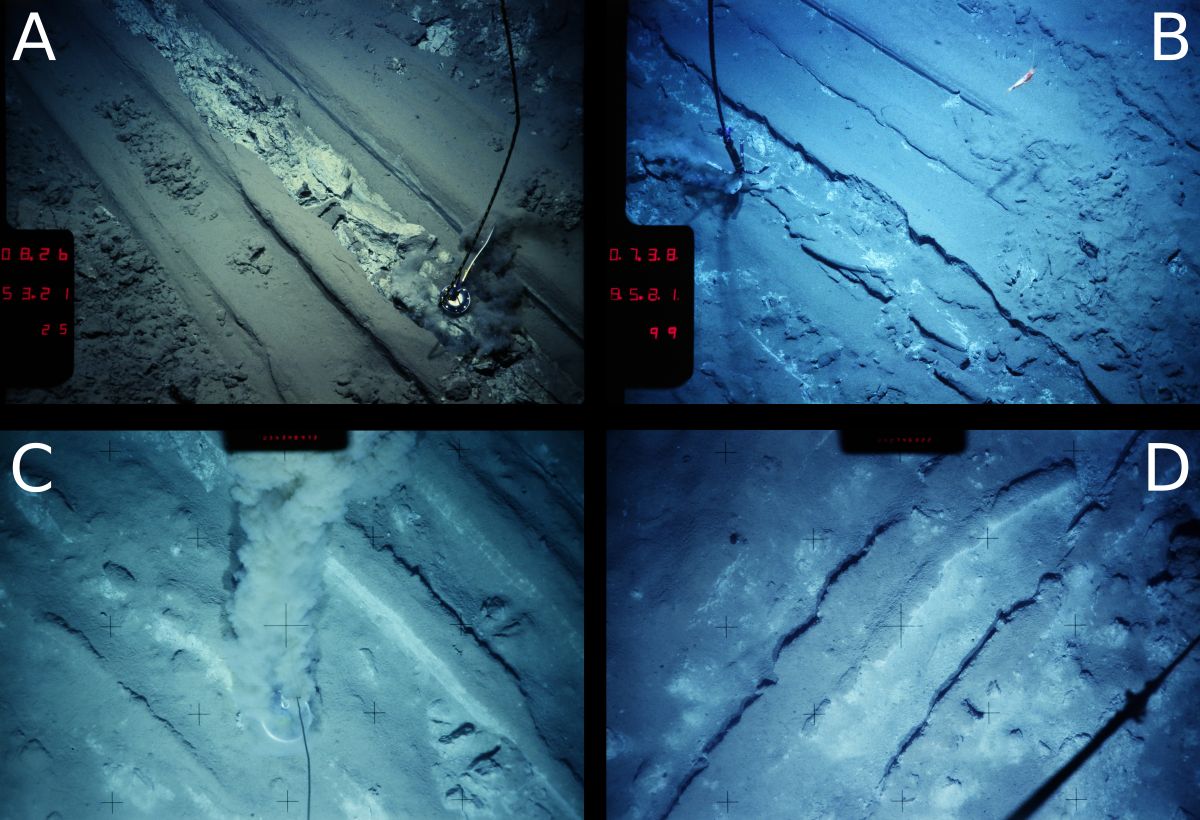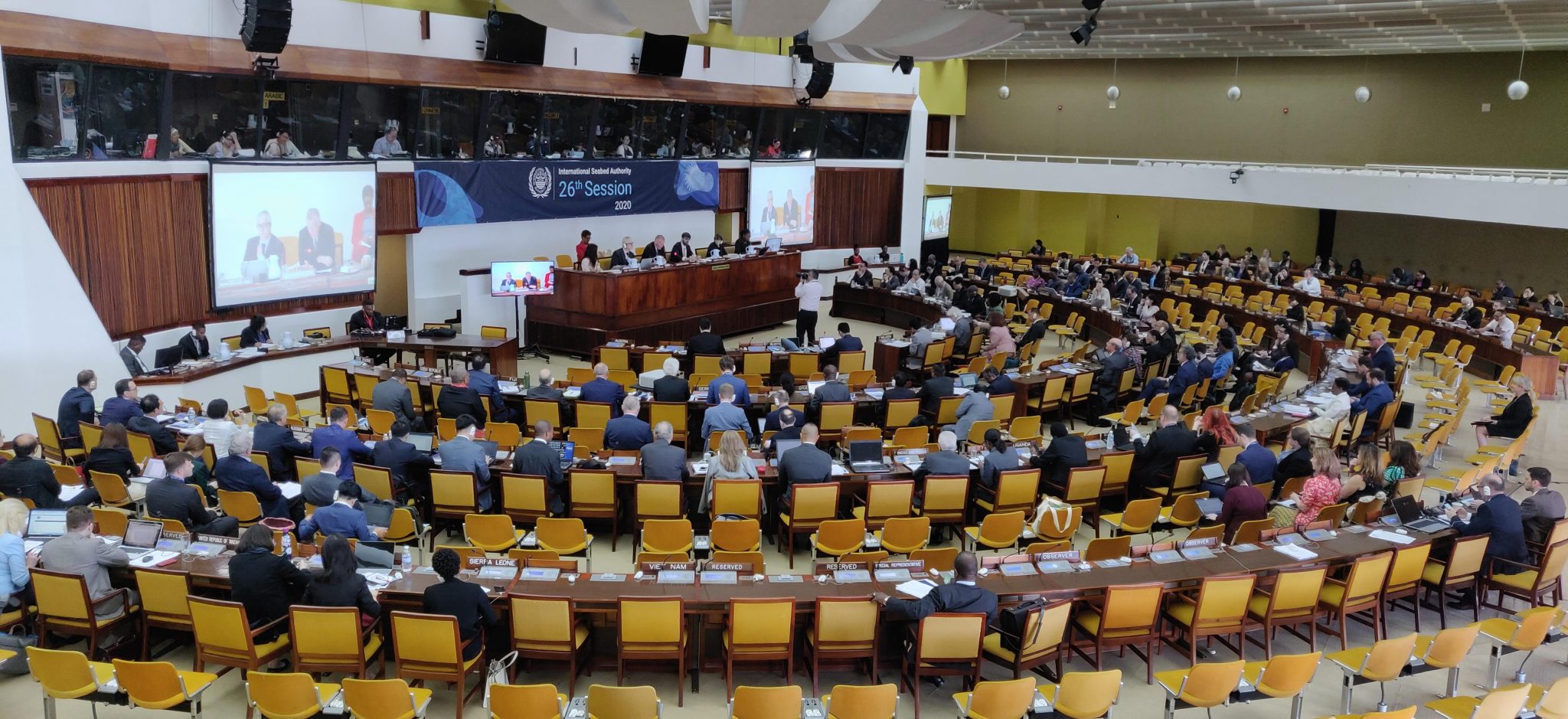As in-person negotiations on the future of exploitation in the deep ocean resume this week in Kingston Jamaica, we reflect back on the last two years of development as reported on our sister site, the Deep-sea Mining Observer. This editorial first appeared on August 27, 2021.
Opinion by Andrew Thaler, DSMO Editor-in-Chief
As we enter the final quarter of 2021, with a global pandemic still raging across all but a few countries and impacting supply chains and critical work throughout the world, it looks increasingly unlikely that an in-person session of the ISA will be possible before 2022, marking two years of substantially diminished progress on the development of the mining code and increasing frustration among stakeholders. Some of the most important voices at the negotiating table continue to struggle to get the latest outbreak under control. India, Russia, the UK, and Japan are not only among the top ten countries with the most new Covid cases as of this week but are ISA member states that sponsor mining contractors (at least one other contractor-sponsoring member state has stopped reporting new cases, while the United States, though not a member state, is also in the midst of a pandemic surge and contributes capacity and expertise to ISA negotiations).
In light of this global progress slowdown, not just for deep-sea mining, but among a host of international challenges and objectives, the push for urgency among some mining contractors and sponsoring states simply does not add up.
Read More “Two Years of Deep-sea Mining in Review: Deep-sea Mining has Time.” »


